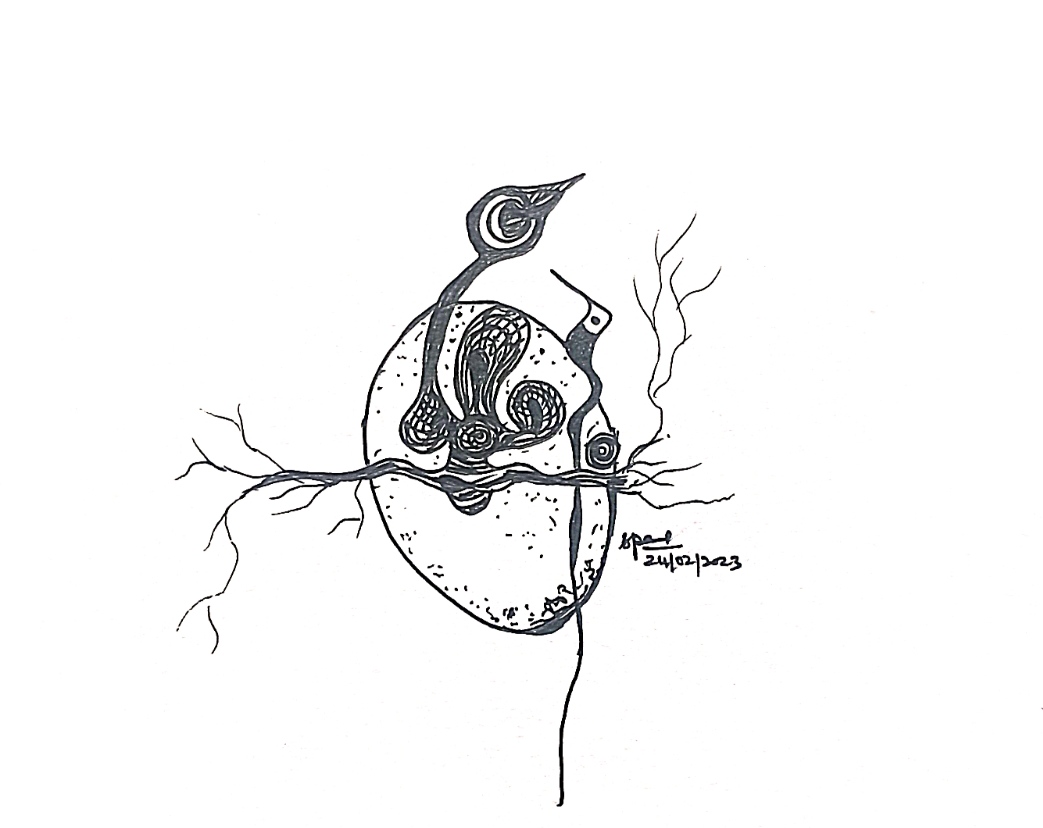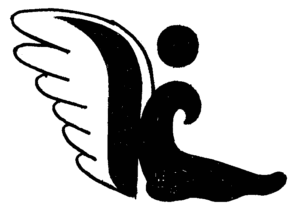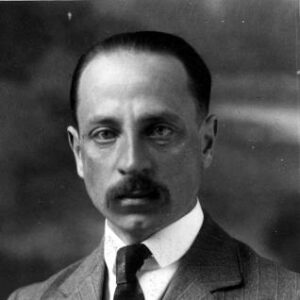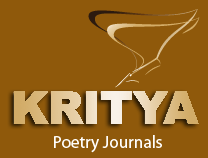
In The Name Of Poetry

An Anatomy of Orpheus

(Eingeschränkte Rechte für bestimmte redaktionelle Kunden in Deutschland. Limited rights for specific editorial clients in Germany.) Rainer Maria Rilke *04.12.1875-29.12.1926+Schriftsteller, Österreich- Portrait- um 1913 (Photo by ullstein bild/ullstein bild via Getty Images)
among the critics – By Michael Hamburger
Early in 1927, not many months after Rilke’s death, his daughter wrote to Hugo von Hofmannsthal to tell him of plans for the posthumous publication of works by Rilke and ask for Hofmannsthal’s advice and co-operation. Hofmannsthal replied:
… If I felt my death drawing very close, I should leave instructions in a sense almost diametrically opposed. I should do all I could— in so far as anything can be done in this disconnected world of ours—to suppress all those tiresome and often indiscreet statements about a productive individual and his works, all that diluting chatter, or at least to deprive it of nourishment as far as possible by the removal of private letters and notes, by putting difficulties in the way of that inane biography-mania and all indecencies of that kind. My idea would be to really entrust the hardly explicable phenomenon that once existed here, R.M.R. or H.H., to death, even to oblivion if need be (except in the hearts of a few loyal men and women), and leave the works to engage unaided in their hard secret struggle with the next hostile decades..
It may look as though Rilke’s reputation had not only withstood these hostile decades, but reversed the usual process by turning hostility into unstinted homage. Editions of his poems, prose works and letters, translations into countless languages, biographies, memoirs, critical studies and academic theses have jostled one another at a rate that must be almost unique in modern literature. To many of his readers Rilke was not a poet, but the poet, the reincarnation in his time of the archetypal Orpheus whose myth he revived and celebrated in the Sonnets. Yet his work appealed to many different kinds of readers and satisfied many different needs. It was as exquisitely musical and pictorial as the poetry of the French Symbolists and their German successor, Stefan George, yet without being deliberately recondite and exclusive; and though firmly based on an aesthetic akin to theirs, it was open to that order of reality which had been the province of the opposing school, the Naturalists. It ranged from the intense self -communion of the Stundenbuch to the seemingly social preoccupations of the Butch der Bilder and the seeming absorption in things of the ‘Neue Gedichte. During the critical year that followed Rilke came to terms with the new style and energies that might so easily have left him stranded. Like Yeats, and unlike Valery, George, or Hofmannsthal. he entered yet another new phase as a distinctly “modern”—post-1914— poet. Most important of all, as his reputation is concerned, he annexed so much of “life” :to a basically autonomous art, so much of the language of reliegious and mystical tocommunion, to a basically individualistic out lookoutlook,. Unlike any other poet of his time he seemed to offer a new existential philosophy and a new morality. this philosophic and didactic function can be discounted as one of the tncse misunderstandings on which, as he said, the fame of artists rests; but it has become as difficult to our knowledge of his persona from his poetry.
Hofmannsthal knew that his own choice entailed other difficulties and dangers, and foresaw the eclipse which own work was to suffer during those hostile but, now that Rilke struggle began in earnest, it will soon be all too clear that’sHofmannsthal’s warning was apt and right. Three-and-a-half decades after Rilke’s death the spate of publications continues as though nothing had happened; but more and more readers of poetry turn from Rilke’s work with a feeling little short of disgust. The myth so beautifully sustained in his later poetry has been blasted by a barrage of biographical “indecencies”; the philosophy well and truly debunked by critical examinations like Professor Romano Guardini’s line-by-line exegesis of the Duino Elegies (now made available in an excellent English translation*); the Orphic poet. in Professor E. C. Mason’s scholarly and sardonic study, anatomised by travel snapshots like the following:
There is still, however, one way in which Rilke is disturbed, and that is when he is bathing. The chief thing about bathing is, for him, not so much actually going into the water, at least above the knee, as divesting himself of his bathing costume altogether, to take the air more freelyre. When this is not practicable, he makes a point of putting on the top half of his striped black and red bathing costume except in case of emergency, the emergency being “the Englishwoman who suddenly pops up somewhere.” It was under these very trying circumstances that Rilke wrote the third part of his Book of Hours, one of his most important cycles of religious lyric, terminating with the famous hymn to St. Francis, “the most loving of all.”
The source, of course—duly supplied in a note—is an intimate letter of Rilke’s; and, having been published as part of the Rilke canon, these are fair game. A great many of them were written with an unmistakable squint at posterity; but this one is part of a chattily innocent sequence to his wife, very much like anyone’s account of a holiday abroad, only more observant, and more amusing. If poetry, as well as poets, were subject to the usual moral imperatives and responsibilities, it would be reasonable to blame Rilke for some of the posthumous indignities which his work has suffered. It was he who sowed the seeds of the philosophical and theological criticism of his work in confessions and manifestos like his Letters to a Young Poet, Letter from a Young Artisan, and his letters to his Polish translator on the Duino Elegies. Almost from the start, he claimed an absolute authority. In an early autobiographical sketch Ewald Tragy contains this casual remark: “I am my own legislator and King; there is no one above me, not even God.” Yet as far as his poetry is concerned, this question of responsibility is neither here nor there. If we cannot dissociate the poetry from the pretensions and vanities—let alone the harmless foibles—of the man, it is we who are the losers.
Both Professor Mason and Professor Guardini have long been prominent in that branch of Rilke criticism which has been mainly concerned with his ideas. Professor Guardini’s complete commentary on the Elegies first appeared in 1953, but sections of it were published in book form much earlier. A distinguished Roman Catholic theologian and philosopher, Professor Guardini has published similar examinations of the works of Dante, Hölderlin, and Dostoievsky. His approach to Rilke~—and, very broadly speaking, his inevitable judgment also—is summarised and justified in the Introduction:
In view of the far-reaching claims which the poet makes for his work we are not merely justified—we are obliged to examine how far they can be substantiated. The question to be answered he re is not whether Rilke’s message commands respect, but whether his pronouncements are true in themselves, whether his impressive account of life and death, of humanity and personal relations really corresponds to the truth.
Though the answer, is no, and Professor Guardini finds in Rilke’s thorough-going individualism “the same gaping void” later to be filled by revolution and dictatorship, because “the overburdening of modern autonomous man creates an empty space”—much of his detailed interpretation of the Elegies is sympathetic, even where it is open to doubt or errs on the side of literalness. Professor Guardini’s learning is not confined to theology and philosophy; he can introduce his comments on the fig-tree image in the Sixth Elegy with an explanation of the flowering and fruiting habits of the fig-tree, or relate Rilke’s stylistic innovations to those of Gottfried Benn, Mr. Eliot, and Mr. Auden.
At first sight Professor Mason’s new book on Rilke strikes one as little more than a postscript to his important earlier studies, if not as a scraping of the barrel of Rilke criticism; and in fact, his Introduction to the first complete English translation of Rilke’s Stund€nbuch5 is more consistently excellent. The trouble with his book is the subject itself, Rilke’s attitude to the Anglo-Saxon world, its literatures, and representatives, in relation to his political, social, and cultural preferences in general. Professor Mason sets out to prove that Rilke’s prejudice against all things British and American—a prejudice familiar from Heine and Nietzsche before him—was not as complete as Rilke himself professed. But does it~ matter greatly? As Professor Mason is well awareaware, it is the prejudice that tells us most about Rilke, not the minute particulars that contradict it; and the prejudice itself was based on a vague identification of Britain and America with the things that Rilke disliked in the modern world. In collecting his particulars, Professor Mason goes to lengths surprising in a critic so remark-able for his good sense. Thus, he adduces examples of Rilke’s use of English words, but includes such “tramway,” “snob,” “clown,” and “pony otof which there were no German equivalents. It has been mentioned that in Ewald elegy Rilke used the transitional form “Trambahn,” later to be wholly naturalized as “Strassenbahn” or “Elek!rishe.” But could Rilke have anticipated the whole process?) One way in which Professor Mason’s good sense gets even with the subject is in ironies at Rilke’s expense, like the one already quoted, or this one about Rilke’s reading in English:
After all his disappointing and estranging experiences with the English language and English literature, even when they were represented by such figures as Shakespeare or Keats, he would appear here at last, in this British Lady’s Newspaper and Court Journal, to have found something more congenial to him.

